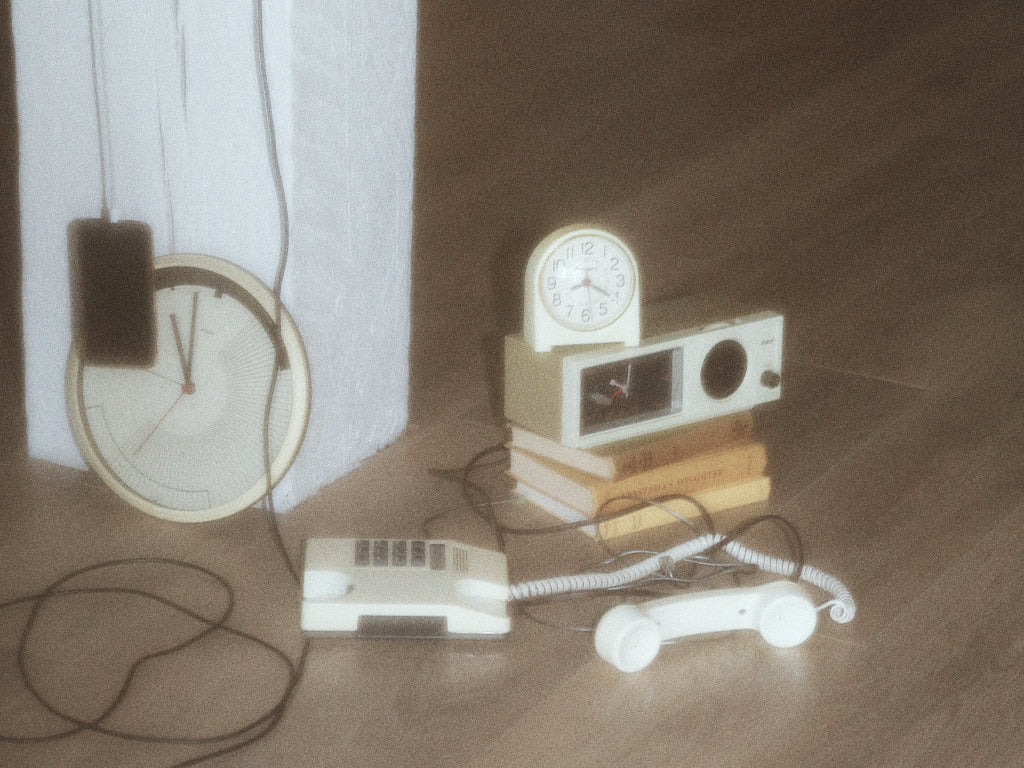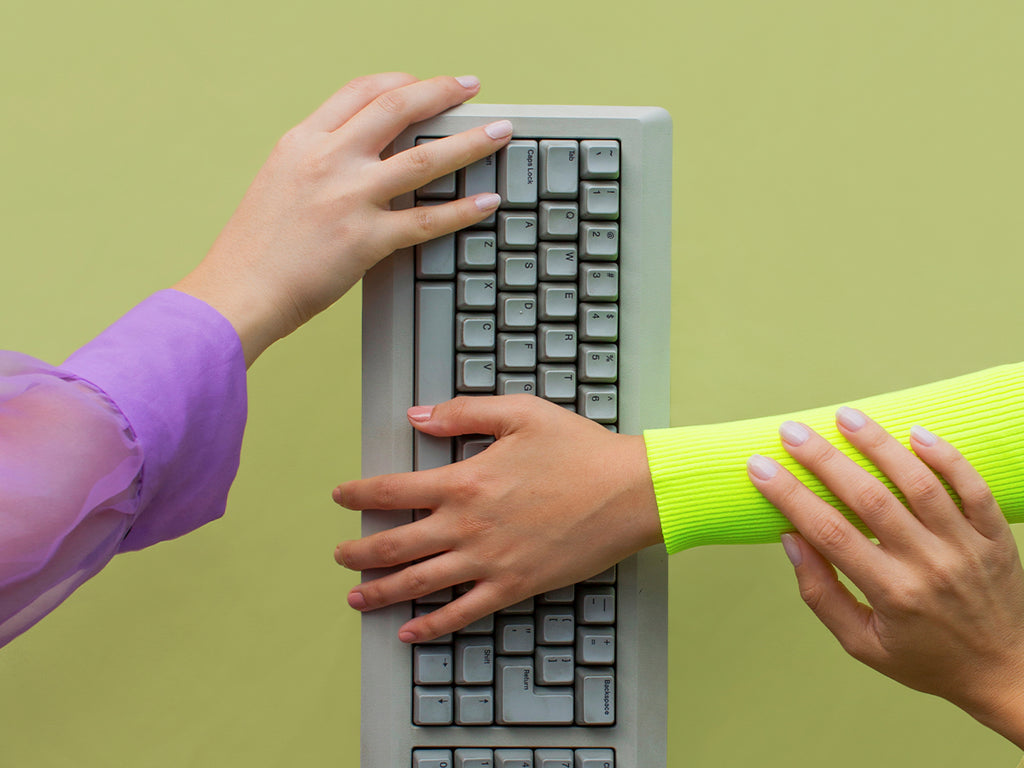Is LinkedIn Losing Ground?
It’s not pretty to look at or friendly to use, so why do we keep logging in?
There’s nearly 700 million users of LinkedIn, making it the world’s leading platform for finding employment and for companies looking to recruit for new jobs. It’s often the first thing that comes up when you Google someone’s name, and it’s a site that’s so ubiquitous, you might even forget you have an account on it.
But is LinkedIn losing ground?
LinkedIn is not pretty to look at or that friendly to use, nor is it very customizable. Even worse, it can be equal parts cheesy and cringeworthy when people try to turn themselves into LinkedIn influencers, or write embarrassing attempts at inspirational advice – there’s entire parts of the internet dedicated to just how uncool it can be.
One of the issues with LinkedIn is that it’s not a platform designed to make genuine personality shine through, or a place for quality writing and business advice. Since there’s no bar to entry, there are plenty of people who think they’re the next Steve Jobs trying to inflate their own profiles.
Finding someone posted a long and rambling take on their industry or hopes for their career is pretty standard on the platform, and it can feel like you’ve showed up to a TED Talk no one wanted to hear.
It can also feel like LinkedIn is kind of pointless these days for a lot of industries. It’s always been the case that personal connections hold a lot more weight in finding a job than anonymous career accolades and professional stats. Given LinkedIn makes so many people’s career experience and resumes look basically identical, real life connections hold even more currency. Certain industries – especially creative or arts based industries – have largely given up on LinkedIn as places to find talent. They might ask for your profile as an easy way of checking your professional experience, but they’re certainly not combing through LinkedIn posts and hashtags to fill a coveted position.
LinkedIn largely exists outside the cultural conversation, despite garnering around $5 billion a year in revenue and having millions of posts on the site every day. LinkedIn videos and posts aren’t what goes viral or signifies a shift in online culture, and it’s certainly not what’s driving trends among younger generations.
LinkedIn is insular; it exists in its own ecosystem and often involves people whose only drive is to advance their career.
But the upside of LinkedIn is that it’s at least authentically uncool. Although some people use it to post long, self-involved stories to boost their careers or amass fake connections to look important, it’s still primarily a recruitment and networking tool for most people and businesses. It’s bland and uncool in an almost comforting way, like a job fair or stereotypical office layout like in The Office. The language of LinkedIn profiles is formal and business-like, but since that’s generally expected, it means that no one actually expects to get a full sense of someone just from their profile. There’s no pressure to try and create a whole persona on LinkedIn, beyond a basic level of appearing capable and successful for potential work opportunities (seeing people who have tried to create personas is usually treated more of a red flag than a badge of honor).
Other, ostensibly cooler platforms like Instagram and Twitter are also rife with harassment, trolls and scams. They spread disinformation and arbitrarily enforce rules that often hurt creatives and entrepreneurs, while demanding huge investments of time to make and post content – usually without any hope of something positive in return. People often say they hate Facebook and others will assert that they hate Twitter, but the most you’ll usually hear about LinkedIn is that it sends too many emails or results in too many random requests for connections.
That LinkedIn is uncool may actually be one of its best selling points.
There are no political ads on the platform – they were banned years ago – and people tend to keep things pretty button-down and professional to not lose prospective employment opportunities. You won’t see crazy relatives spouting conspiracy theories or photos of your exes, even if you might get some questionable business advice from wannabe CEOs. If you remember that LinkedIn probably isn’t your one-way ticket to becoming an influencer, find a soulmate or meet that key real life connection to a new career, you’ll find you might like it just fine for what it is.
Image courtesy of Prateek Katyal.
This post is tagged as:
You may also like...
The Latest
People & Places
How Ara Katz is Redefining “Self-Care” as Rooted in Science with Seed
The co-founder, mother, and self-proclaimed serial entrepreneur unpacks her philosophy on what it means to be well. Ara Katz hates the word “success”. Not because of its listed definition in a di...

Do Good Werk
9 Passive-Aggressive Email Phrases That Are Basically Evil
A Rosetta Stone for every time you want to :’).

Woo Woo
Get to Know Your Astrological Birth Chart
How to find meaning in the stars — and what it means for you.

People & Places
The 5 Best Places In New York To Meet Your Next Investor
Where to rub shoulders with the city's movers and shakers.

Do Good Werk
10 Unhealthy Thoughts You Convince Yourself Are True as a Freelancer
If you work alone, you might be particularly susceptible to distorted thoughts that hurt your mental health.

People & Places
Creating a Conference-Meets-Summer-Camp for Adult Creatives
An interview with Likeminds founders Rachael Yaeger and Zach Pollakoff This past September, I sat in front of an obituary I wrote for myself after a session with a death doula. No, I didn’t know w...

People & Places
When Something Golde Stays: An Interview with Golde’s Co-CEOs
“For us it was never a question,” says Issey Kobori, speaking of the decision to build a business with his partner Trinity Mouzon Wofford. At just shy of 27, Kobori and Wofford have secured a host ...

Better Yourself
Are They Toxic? Or Are They Human?
There’s a difference between putting up boundaries and putting up walls, and the latter is what breaks relationships.

Do Good Werk
How To Combat Seasonal Affective Disorder At Work
Here’s what to do if seasonal affective disorder starts to take a toll at the office.

People & Places
Reclaiming Womxn's Wellness Spaces from a White-Dominated World
How The Villij built a collective that their community can connect to.









